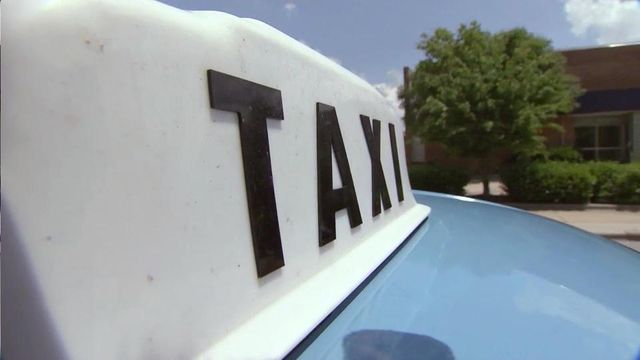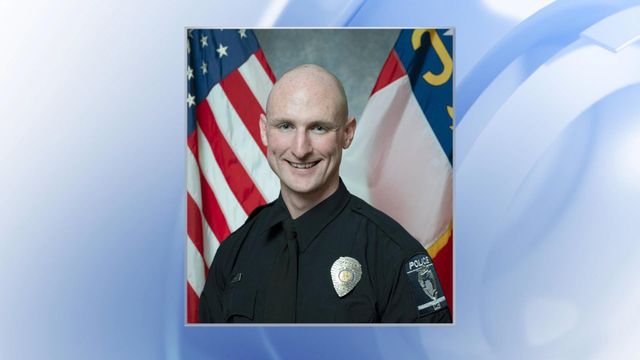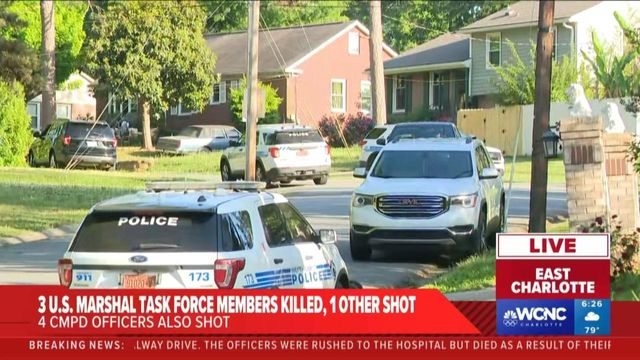Proposed Raleigh taxi strike questioned
Officials and the public are questioning the wisdom of hundreds of Raleigh taxi drivers threatening to refuse to work on New Year's Eve to protest what they see as unfair competition from ride-sharing services.
Iyman Massoud, who says he represents about 650 taxi drivers for Raleigh's 1,200 or so licensed cabs, said Monday that he and his fellow drivers are tired of competing against services such as Uber and Lyft, which he said can charge lower rates because they don't have to meet the same licensing, registration and insurance requirements.
"A hundred percent, I am ready to strike," cabbie William Sieberi said Tuesday.
"If something can change, if something can happen, why not?" asked driver Elmutaz Aldoa.
Massoud said his group has been unsuccessful in trying to get the Raleigh City Council to address the situation.
City officials said Raleigh cannot regulate ride-share companies, and it's up to state lawmakers to look at the issue. Legislators are expected to examine possible regulation of so-called "sharing economy" services when the General Assembly reconvenes in January.
City Councilwoman Mary-Ann Baldwin called the proposed strike an ineffective way to protest, predicting that it will only hurt the local cab industry.
"I think it's self-defeating," Baldwin said Tuesday. "On the busiest night of the year, that's when you can make the most money. Why would you want to strike? I mean, I understand making a point, but you're hurting yourself."
Uber isn't opposed to regulation, spokesman Taylor Bennett said, but it must make sense for the company's business model, which doesn't include owning vehicles or employing full-time drivers.
"We are not a transportation company. We are a technology company," Bennett said.
Cabbie Lee Churchill said ride-share companies should be regulated like taxis to ensure they're safe – she compared signing up for a ride with Uber to hitchhiking – but like Baldwin, she doesn't think a taxi strike is the answer.
"I think (taxi drivers) have more common sense than to be at a disadvantage to our consumers," Churchill said.
Some cab companies don't plan to participate in any strike.
"Our company will be operating just like any other night! You can call us at any time or use our app," Taxi Taxi of Raleigh said via Twitter.
Meanwhile, ride-share services said they are ready to pick up the slack Wednesday night if Raleigh cabbies walk off the job. Bennett said Uber expects to transport more than 1 million people worldwide on New Year's Eve.
Although some people have expressed concern over the "surge pricing" that ride-sharing services charge during peak service times, Bennett said people can check the fare estimator on their smartphone when booking a ride with Uber or cancel it before the driver shows up if they are unsure about the cost.
Uber came under fire in the Triangle for such a price spike on Halloween, including charging one man more than $400 for a 15-mile trip from Durham to Chapel Hill.
The company maintains the pricing system is used to balance supply and demand by encouraging more drivers to hit the street to collect higher fares and getting customers to delay their rides until prices stabilize and start to go back down.
Ultimately, consumers will choose what works for them.
"Uber people, everyone we've ridden with has been really nice, polite, offered us water," Anna Lynch said. "They were there within five minutes, so it's just a lot more convenient."











